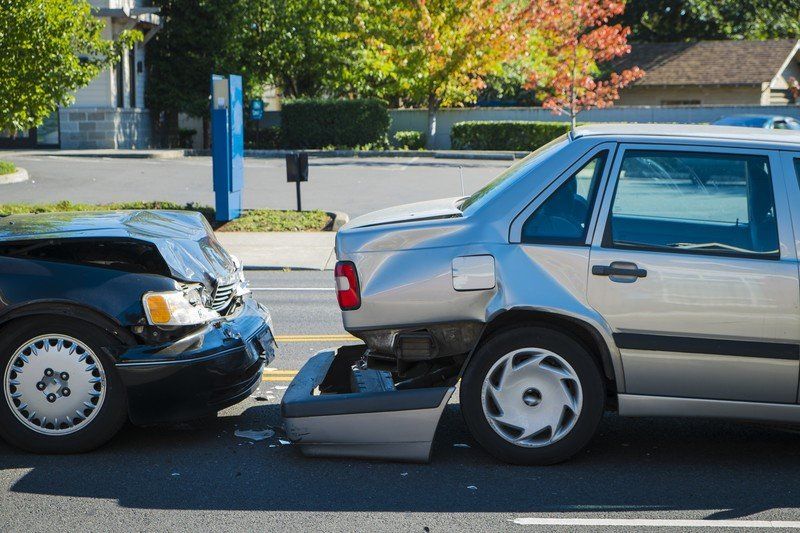BLOG
What Are the Auto Fault and Insurance Laws In Iowa & Nebraska?

Being involved in an automobile accident is possibly one of the most stressful things you’ll experience in life. In addition to property damage, you may also be dealing with injuries and insurance companies. Each state has laws that govern insurance coverage designed to protect motorists. For anyone who owns or operates a vehicle, it’s important to understand these laws and why they are in place.
Operating a vehicle without adhering to your state’s insurance laws can come with serious consequences. Not only are you looking at a ticket if caught not following your state’s auto insurance laws but if you’re underinsured, you might also be looking at legal proceedings as well. Here’s what you need to know about the auto fault insurance laws in Iowa and Nebraska.
Auto Fault Laws in Iowa
Auto fault laws are divided between two categories – at fault and no fault. The auto insurance coverage laws for each state are based on the type of auto fault laws the state has in place. Iowa, like many other states in the nation, is an at fault state. This means that in order for an individual to file an insurance claim or take legal action, it must be demonstrated that the other driver was the at fault party in the accident.
Iowa follows something called modified comparative negligence. In many cases, one driver isn’t solely at fault. Modified comparative negligence means that the details and circumstances of the accident will be looked at to determine which driver is more at fault. Any reimbursement issued will be based on the amount of fault involved by each party.
In Iowa, owners of a vehicle must be able to establish financial responsibility for losses that occur in an accident. For most people, this involves purchasing an insurance plan that would cover any damages.
Auto Fault Laws in Nebraska
Like Iowa, and the majority of other states, Nebraska is an at fault state. This means that the driver who is determined to be at fault in an accident will be financially responsible for any damages – including property and medical expenses.
Nebraska has mandatory insurance requirements for drivers in the state. Minimum coverage amounts in Nebraska include:
●$25,000 property damage liability per accident
●$25,000 bodily injury liability per person
●$50,000 bodily injury per accident
Just because you have auto insurance in Nebraska doesn’t mean that your insurance company will reimburse for all damages. The at fault driver is still responsible for any expenses that exceed the limits provided by insurance coverage.
Contact an Experienced Automobile Accident Attorney to Discuss Your Case
If you’ve been involved in an automobile accident and have questions about your state’s auto fault laws and what your financial responsibility might be, we’re here to help you understand auto laws in the Siouxland area. Contact Fitch & Stahle Law Office and have your questions answered today.


